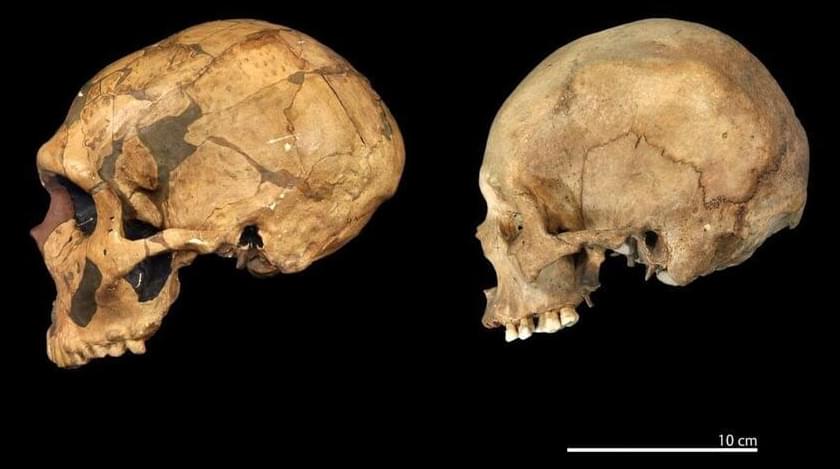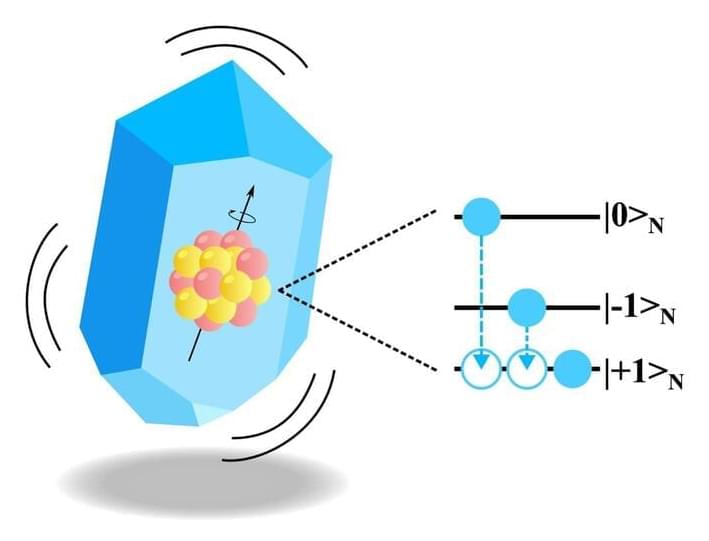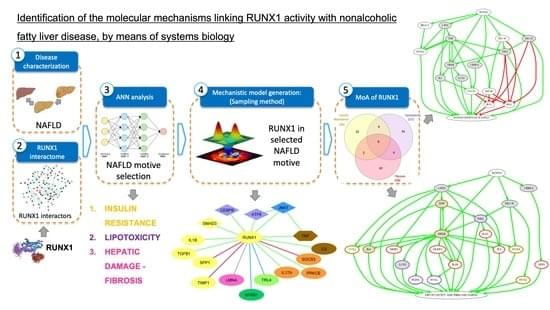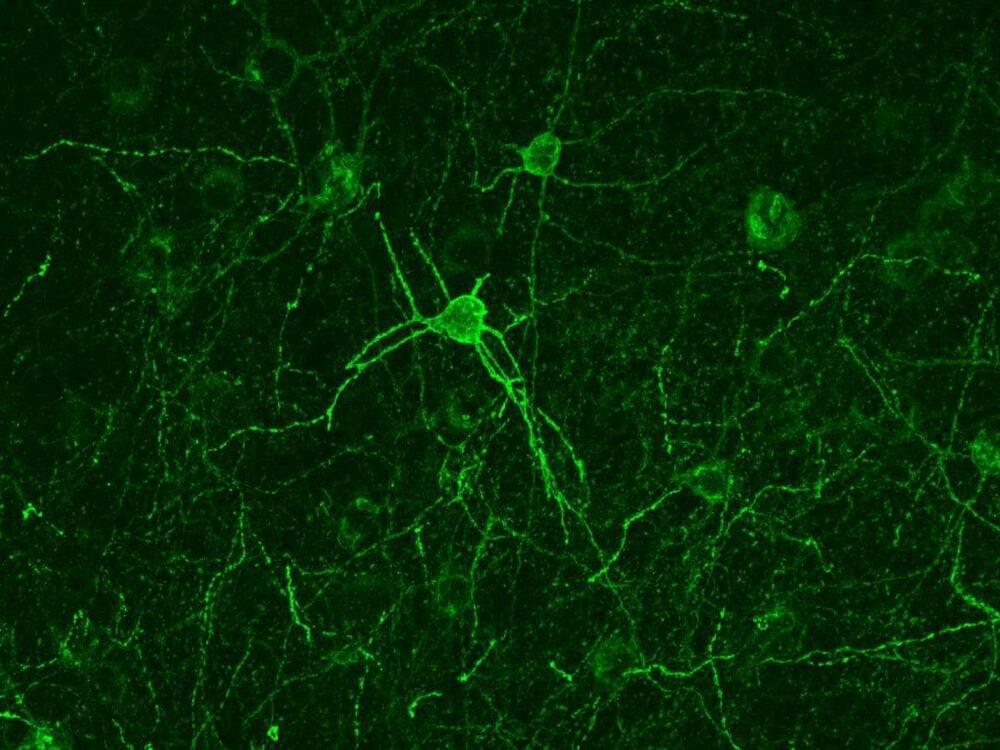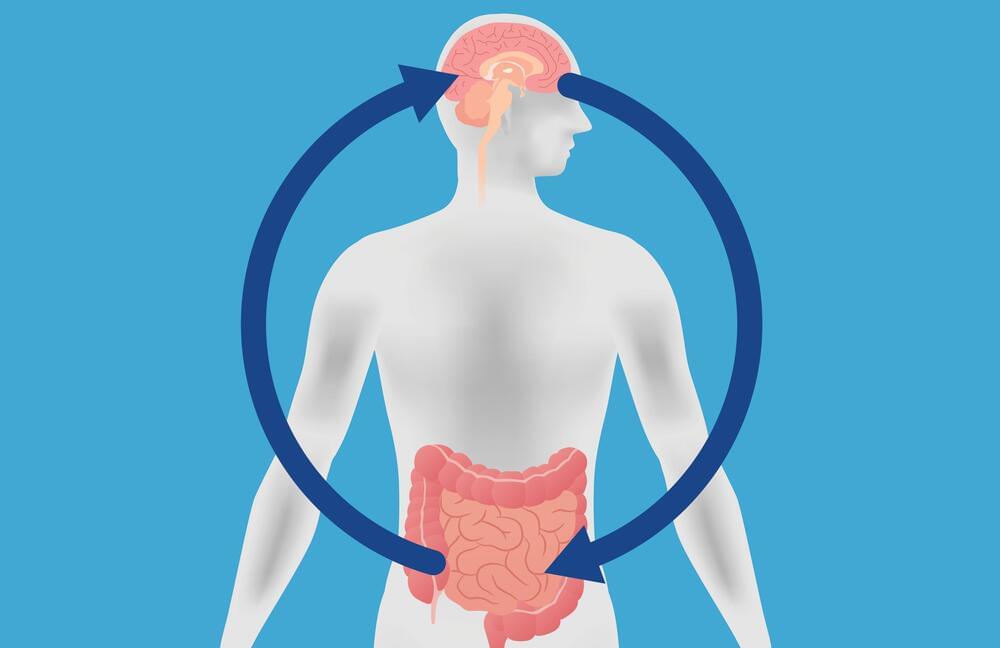Black holes are some of the most extreme objects in the universe, and a new mission proposal suggests launching a space telescope specifically to study them. The Event Horizon Telescope (EHT) group, which took both the first-ever image of a black hole in 2019 and the first-ever image of the supermassive black hole at the center of our galaxy in 2022, has plans for a new mission called the Black Hole Explorer (BHEX).
The idea of BHEX is to use a space-based telescope to collect even more detailed information from black holes, as there is less interference from water vapor when viewing them from above the Earth’s atmosphere. The aim would be to combine data from this telescope with the many telescopes on the ground that are already used in the EHT project. The next phase of the project is a collaboration between the Center for Astrophysics | Harvard & Smithsonian (CfA) and the National Radio Astronomy Observatory (NRAO).

